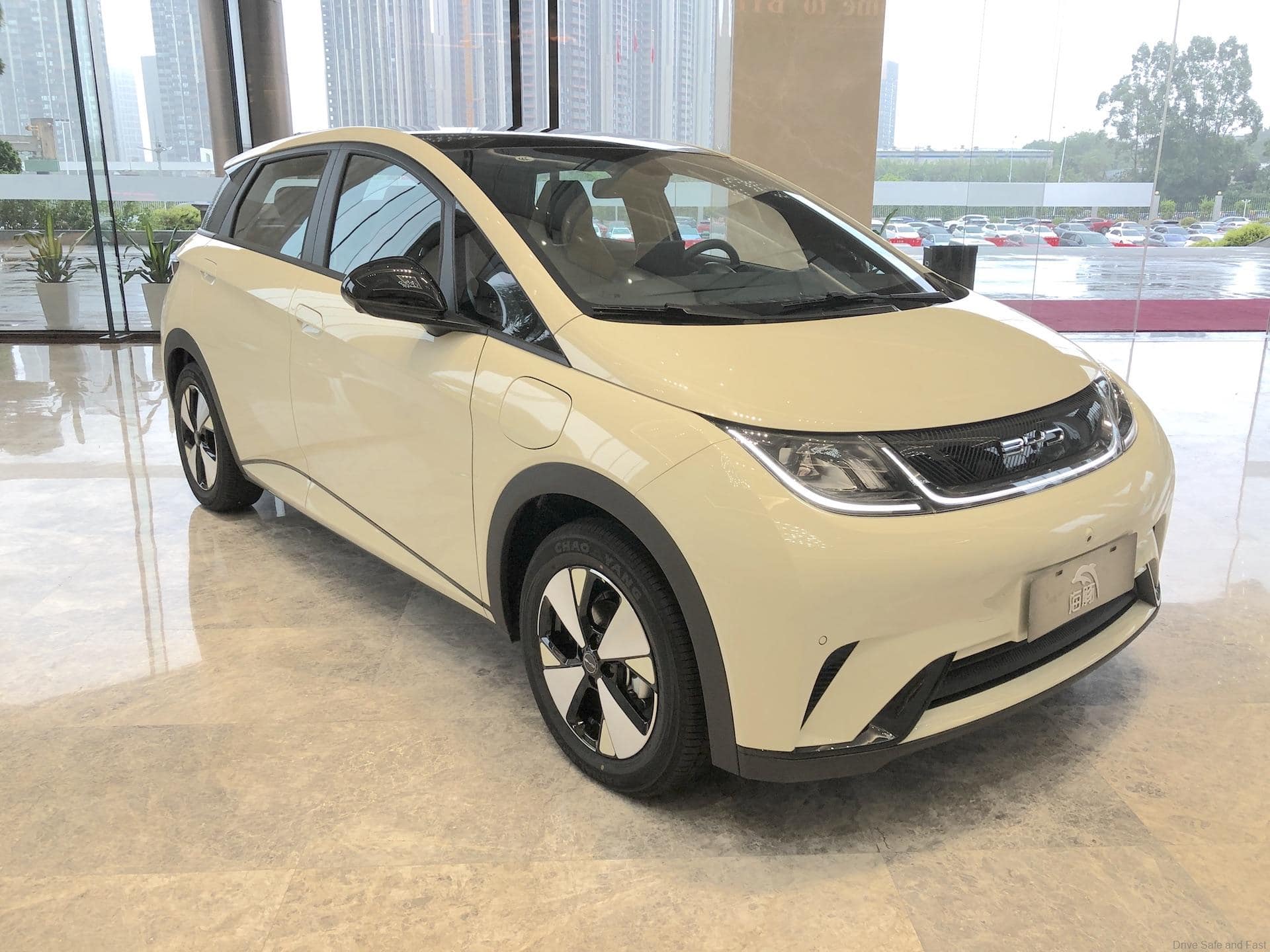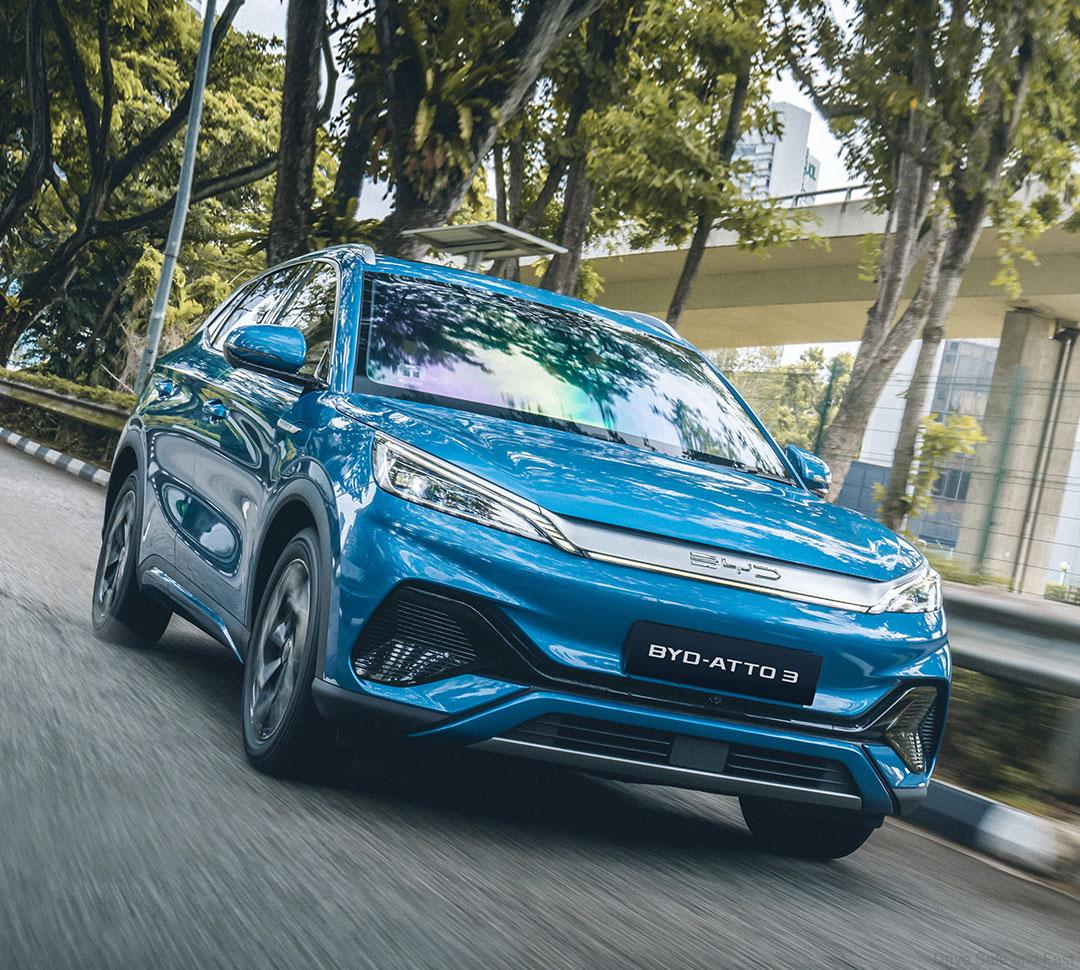See how Wang Chuanfu was pivotal in the success of global giant, BYD
A Shenzhen-based company, BYD, led by Wang Chuanfu has claimed Tesla’s crown as the biggest producer of battery-powered cars. In the fourth quarter of 2023, this company is BYD, which was founded in 1995 and counts Warren Buffett’s Berkshire Hathaway as a shareholder, sold a record 526,000 battery-only EVs to Tesla’s 484,000.

Tu Le, founder of Sino Auto Insights, a Beijing consultancy, also stated, “Four to five years ago no one would have thought that Chinese EVs would have the quality or reliability to compete.” Well, now it is clear that Chinese EVs are not just on par with global brands but even the preferred choice of most customers.
Moreover, BYD’s ascent adds further glory to the rags-to-riches legend of Wang. The story of the professor in nonferrous metals research turned hard-headed executive with a fastidious focus on technology, supply chains and cost-cutting has become gospel in Chinese science and business schools.

Experts attribute BYD’s success to Wang Chuanfu thanks largely to a ruthless culture of cost-cutting he employs. Wang is simply known as “The Chairman,” and he is both revered and feared as the 57-year-old billionaire’s unassuming demeanour hides a micromanager with a Stakhanovite work ethic.
On top of that, in 2008, Charlie Munger convinced his business partner Buffett to invest USD230 million (about RM1,067,315,000) for a 10 percent stake in the then little-known Chinese company, arguing that in Wang they had a mix of Thomas Edison and Jack Welch, the former General Electric chief.

Berkshire has since sold a 2 percent stake for USD890 million (roughly RM4,130,045,000). Its remaining holding is worth about USD2.3 billion (around RM10,673,150,000). BYD’s net profit more than doubled to RMB21.37 billion (about RM 13,921,500,000) in the first nine months of 2023, compared to the same period in 2022.
While Munger was impressed with Wang’s engineering skills, experts attribute BYD’s success largely to a ruthless culture of cost-cutting. The entrepreneur had instituted “absolutely aggressive cost control”, said Christoph Weber at Swiss software group AutoForm.

What’s more, for BYD, contracting other companies for hardware or services is a last resort, so much so that an executive once told car reviewers the company made everything on the vehicle “except the tyres and the windscreen.”
This has resulted in manufacturing innovations. In one example, in BYD’s early days, Wang acquired a panel-stamping tool from Jeep in Beijing. This led the company to crack “cell-to-body” technology, which sandwiches together the EV battery cell with a car body.

We got all this from the Financial Times. Thank you Financial Times for the information.